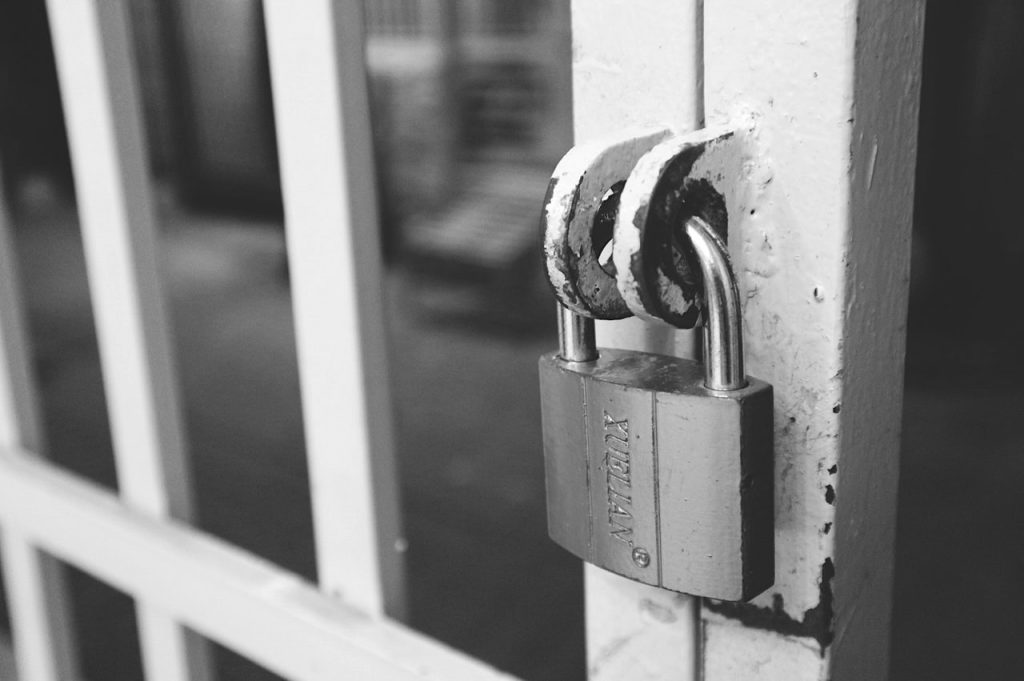An increasingly large part of our communications and correspondence goes through electronic “mail services”. When we hand in our correspondence at the postal service, we trust that the clerk delivers our letter unopened to the receiver.
One might assume that our e-mail and social media correspondence should be similarly private between the sender and the receiver but, due to disclosures made by the most important informer of the 2010s’, Edward Snowden, we know that this is not the case.
In 2013 Snowden, who had worked for a subcontractor of NSA, leaked documents to the press, which revealed the widespread espionage that the United States intelligence service was practising.
In the name of national security, information had been gathered about large groups of people both in the United States and elsewhere in the world. The majority of the people were not under suspicion of any kind of crime.
In the name of national security, information had been gathered about large groups of people both in the United States and elsewhere in the world.
The documents that Snowden leaked showed that NSA used surveillance software with the help of its “partnerships”, large US-based telecommunications and internet corporations. Some of these partnerships had been already formed decades ago. Others were more recently established, after the events of 9/11, during the war against terrorism.
The PRISM software, used for espionage, is the largest ever espionage system that has come to light in the US. Of current common services, some information had been provided by Google, Facebook, Skype, Hotmail, Yahoo! and YouTube, among others. The cloud storage service Dropbox was joining the PRISM programme at the time the news was leaked. The group is missing Twitter, at least for the moment.
The leak started a wide discussion of the digital rights of citizens and the protection of privacy on the internet.
Reflection:
What kinds of ways to improve protection of privacy are there in the international world?
Keep Reading:
Tips for Safety in the Internet; Social media challenging traditional media; Activism and Campaigning on Social Media
Go back to the beginning of this section.
This article was updated on January 13th 2020.




